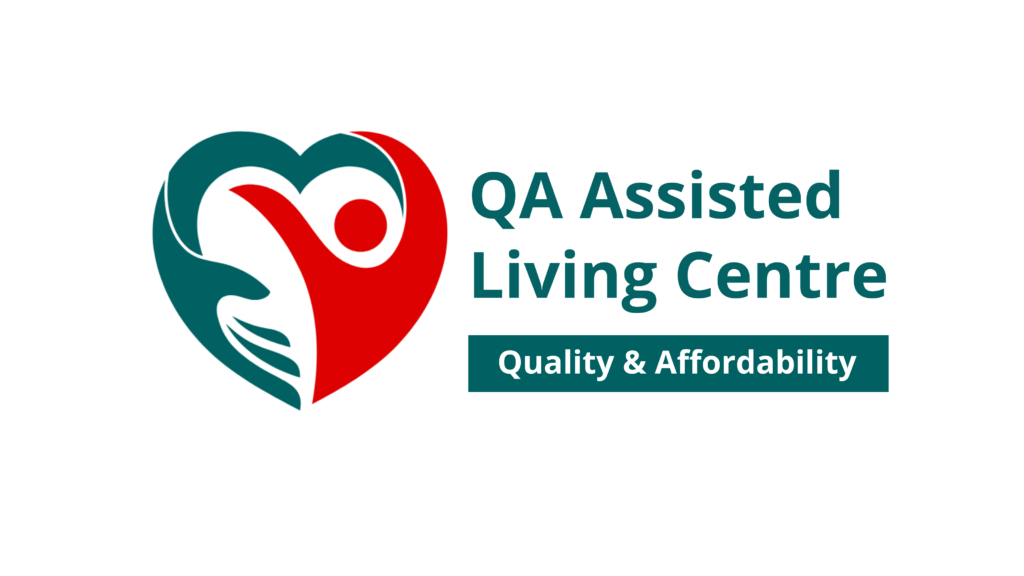stemseltherapy

Stem cell therapy is an innovative medical treatment that involves the use of stem cells to repair or regenerate damaged tissues and organs. This approach holds great promise for a variety of conditions, including neurological disorders, autoimmune diseases, and certain types of cancer. Here’s an overview of stem cell therapy, its types, applications, and potential benefits: ### 1. **What Are Stem Cells?** - **Definition:** Stem cells are unique cells capable of developing into different types of cells in the body. They have the ability to self-renew and differentiate into specialized cells, making them a vital resource for medical treatments. - **Types:** - **Embryonic Stem Cells:** Derived from early-stage embryos, these cells can differentiate into any cell type. - **Adult Stem Cells:** Found in various tissues, such as bone marrow and adipose tissue, these cells have a more limited differentiation potential. - **Induced Pluripotent Stem Cells (iPSCs):** Adult cells that have been genetically reprogrammed to an embryonic-like state, allowing them to differentiate into various cell types. ### 2. **Applications of Stem Cell Therapy** - **Neurological Disorders:** Treatment of conditions like Parkinson’s disease, multiple sclerosis, and spinal cord injuries by repairing or replacing damaged nerve cells. - **Cardiovascular Diseases:** Regenerating heart tissue after heart attacks or improving heart function in chronic heart failure. - **Autoimmune Diseases:** Modulating immune responses in conditions such as lupus, rheumatoid arthritis, and multiple sclerosis. - **Orthopedic Injuries:** Repairing cartilage and bone in conditions like osteoarthritis and sports injuries. - **Cancer Treatment:** Using stem cells in conjunction with chemotherapy or radiation therapy to regenerate healthy blood cells after treatment. ### 3. **Potential Benefits** - **Regeneration of Damaged Tissues:** Stem cells can potentially restore function to damaged organs and tissues. - **Reduced Inflammation:** Stem cell therapy may help modulate the immune response and reduce inflammation in autoimmune conditions. - **Personalized Medicine:** The use of a patient’s own stem cells can minimize the risk of rejection and improve treatment outcomes. - **Innovative Treatment Options:** Stem cell therapy offers hope for conditions that currently have limited treatment options. ### 4. **Current Research and Challenges** - **Clinical Trials:** Ongoing research is necessary to evaluate the efficacy and safety of various stem cell treatments. Many applications are still in experimental stages. - **Ethical Considerations:** The use of embryonic stem cells raises ethical concerns and regulatory challenges that impact research and treatment availability. - **Standardization and Regulation:** Developing standardized protocols for stem cell collection, processing, and application is crucial for ensuring safety and effectiveness. ### 5. **Risks and Considerations** - **Potential Complications:** As with any medical treatment, there can be risks, including infection, immune reactions, and unintended differentiation of stem cells. - **Consultation with Specialists:** Patients considering stem cell therapy should consult with healthcare professionals who specialize in this field to discuss potential benefits, risks, and suitability. Stem cell therapy represents a groundbreaking approach to treating a wide range of conditions, with the potential to significantly impact future medical practices. However, ongoing research and ethical considerations will shape its development and application in clinical settings.
